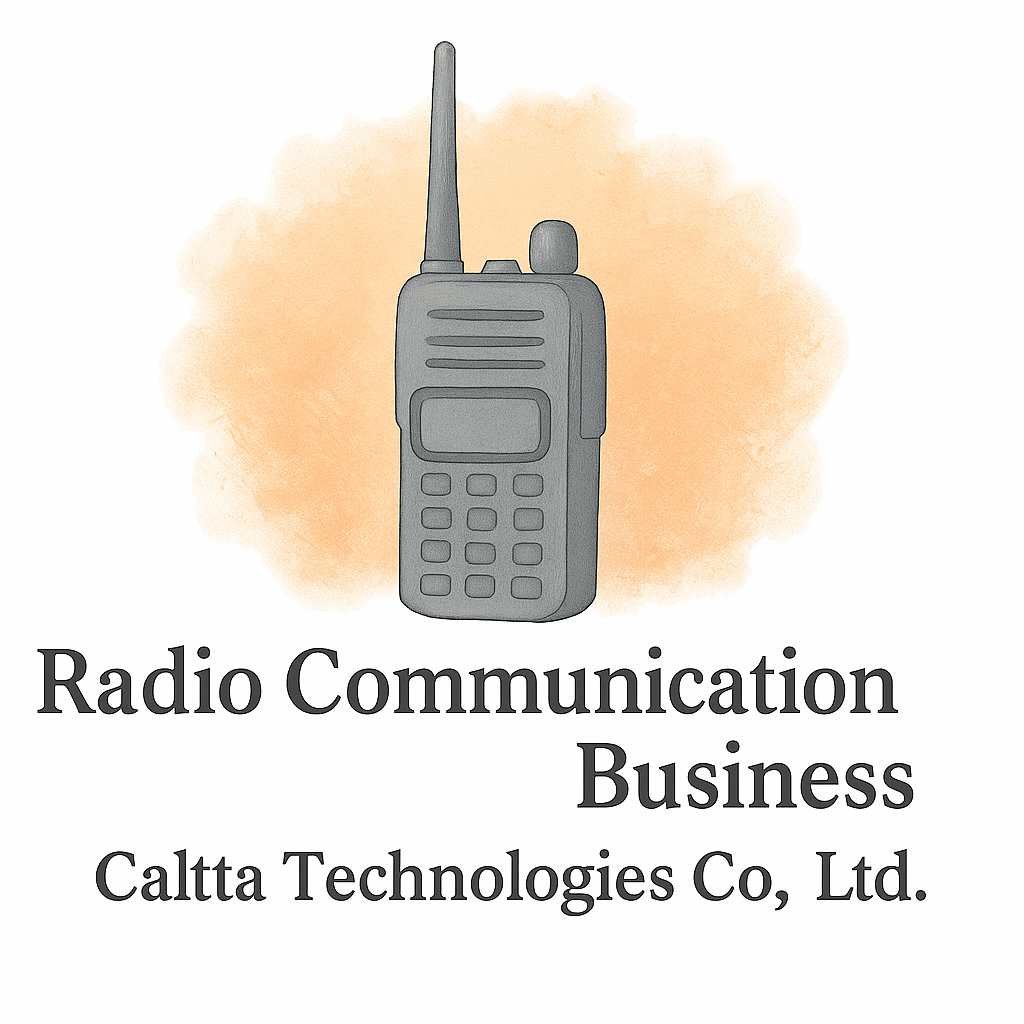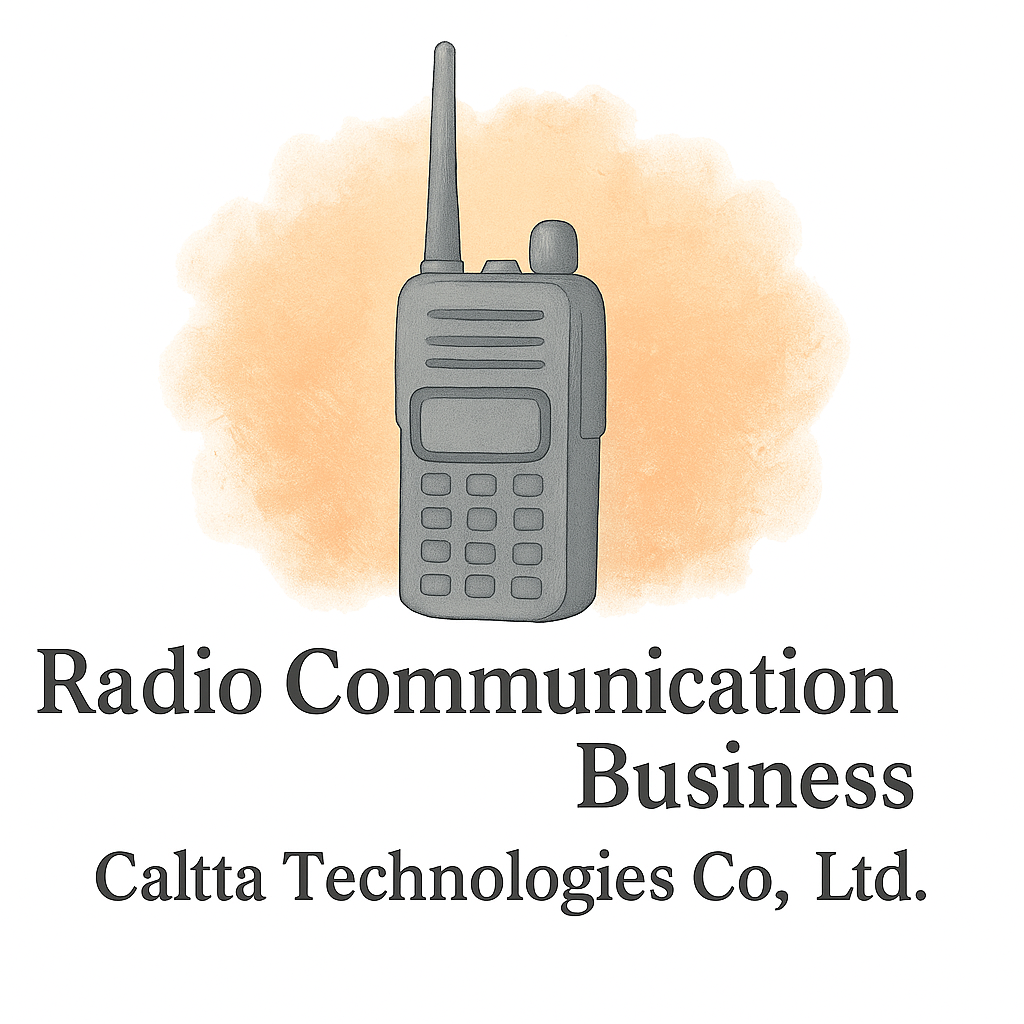Introduction
Starting a radio communication business isn’t just about plugging in some gear and hitting the airwaves. It’s a legally intricate space filled with rules and regulations that can make or break your venture. If you want your radio communication business to survive and thrive, understanding and fulfilling all the legal requirements is absolutely essential.
Whether you’re setting up a private radio network, offering communication services to industries, or diving into public broadcasting, you’ll need to navigate a legal landscape that spans business registration, spectrum licensing, equipment certifications, and more. Here’s your full breakdown on how to legally set up your business for success.
1. Business Registration and Licensing
Before you even turn on a transmitter, you’ll need to make your business official.
Choosing the Right Business Structure
Do you want to go solo, partner up, or form a corporation? Your choice affects your taxes, liability, and paperwork. A sole proprietorship is quick and easy, but forming an LLC or corporation can offer more protection and credibility.
Obtaining Local and Federal Business Licenses
Most governments require you to register your business with state and local authorities. Some areas demand a special telecommunications business permit.
Internal Link: Business Startup Basics
This resource is your go-to guide for setting up your business legally, the right way.
2. Radio Frequency Licensing
Operating a radio network without a license? Big mistake. The airwaves are regulated, and you need permission to use them.
Regulatory Oversight: National Communications Authorities
Most countries have a body like the FCC (in the U.S.) that manages radio frequencies. You’ll need to apply for the correct license, depending on your service.
Licensing Procedures and Categories
There are different licenses for amateur, commercial, and emergency communication systems. Choose wisely, and be ready to follow strict usage guidelines.
Internal Link: Compliance & Regulation
Make sure you’re always in legal sync with current regulatory updates.
3. Equipment Certification
You can’t use just any gadget. Radio equipment must meet national safety and performance standards.
Approved Equipment Standards
Check your country’s database for approved radios and transmission devices. Uncertified gear can lead to fines or seizure.
Import Regulations and Compliance
Bringing in hardware from overseas? Ensure it complies with local laws. Importers often need to file technical specs and compliance reports.
Internal Link: Equipment & Technology
Stay up to speed on the latest in certified radio communication equipment.

4. Financial Planning and Tax Compliance
Money matters, especially when tax season rolls around.
Estimating Capital Requirements
From buying gear to paying for licenses and salaries, your startup needs a solid financial cushion.
Filing Business Taxes Correctly
Telecom businesses often face specific tax obligations. Be prepared to handle both state and federal tax filings.
Internal Link: Financial Planning
Build a financial plan that supports sustainable growth.
5. Employment and Labor Laws
You might start alone, but growth brings a team—and more legal stuff.
Hiring Radio Operators and Technicians
Technicians and engineers may require certifications or licenses. Follow all hiring regulations, from contracts to wages.
Workplace Safety and Legal Policies
You’ll need to provide a safe, regulation-compliant work environment.
6. Privacy and Data Protection Laws
Radio communications can involve personal or sensitive data.
Handling User Data Responsibly
Storing or transmitting data? Make sure it’s encrypted and handled per local data privacy laws.
Legal Implications of Data Breaches
A breach can lead to lawsuits and license loss. Have a data protection policy in place.
7. Industry-Specific Compliance Standards
Radio communication touches multiple sectors, from emergency services to logistics.
Emergency Communications Protocols
You may need to support priority access for first responders. These laws vary by region.
International Radio Communication Laws
Doing cross-border work? You’ll need to comply with international agreements.
Internal Link: Industry Insights
Stay aware of how industry trends affect compliance and innovation.
8. Marketing and Branding Regulations
Even your marketing has rules.
Compliant Advertising Strategies
Avoid bold claims you can’t back up. Be honest, especially if you’re marketing public safety or emergency communication gear.
Avoiding False or Misleading Claims
There are heavy penalties for deception in advertising.
Internal Link: Marketing & Branding
Make your message resonate—and stay legal while doing it.
Conclusion
Running a radio communication business means playing by the rules—lots of them. From choosing the right structure to protecting user data, your legal checklist is long but absolutely essential.
Understanding these legal requirements helps you avoid costly penalties, build trust, and operate confidently in a highly regulated space. Don’t cut corners—get your legal foundation rock-solid, and your business will have a strong signal for years to come.
FAQs
- Do I need a license for every type of radio communication? Yes, different services require specific licenses based on the frequency and use case.
- How long does it take to get a radio frequency license? It varies by country but usually takes several weeks to a few months.
- Can I operate a radio network without registering a business? No, legal operation requires both business registration and licensing.
- What happens if I use uncertified equipment? You could face fines, seizure of equipment, and possible business closure.
- Are there international laws for radio communications? Yes, especially if you plan to transmit across borders or serve international clients.
- Is my business subject to data protection laws if I don’t store user info? If you handle any form of communication data, you may still be subject to these laws.
- Where can I find tools to help me stay compliant? Check resources like Caltta International’s Equipment & Technology or Compliance Tags for ongoing support.


